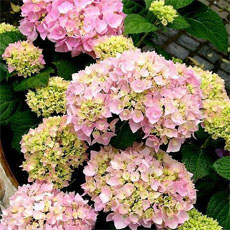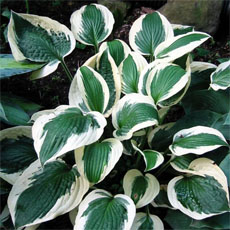Brown Soft Scale
Coccushesperidum
Order
Family
Genus
Species
Regional
This bug has been reportedly found in the following regions:
Hot Springs National Park, Arkansas
Berkeley, California
Hemet, California
Saint Simons Island, Georgia
Kimberly, Idaho
Howell, New Jersey
Brooklyn, New York
New York City, New York
Clatskanie, Oregon
Franklin, Tennessee
Austin, Texas
Cypress, Texas
Missouri City, Texas
Odessa, Texas
show allFeatured Videos
Gardener's Notes:
Sort By:
M
Magpye
NW Qtr, AR (Zone 6a) |
October 2006 |
Negative
Hosts:
These soft scales are found on many deciduous ornamental trees and shrubs. Maple, Oak, Birch, Elm, and flowering fruit trees are very commonly infested.
Description and Life Cycle:
Most lecanium scales, are oval to football shaped with a characteristic cleft located on the caudal end.
They can be variously colored, but are usually greenish-tan to chestnut-brown. When the females begin to lay eggs, the body becomes more rounded and dome-shaped.
Most soft scale, lay eggs under the protection of the female scales' bodies. Most of these soft scales over-winter as partially mature females that are attached to stems and branches of host plants. In the Spring, the females complete development and begin to lay eggs. These ... read more
These soft scales are found on many deciduous ornamental trees and shrubs. Maple, Oak, Birch, Elm, and flowering fruit trees are very commonly infested.
Description and Life Cycle:
Most lecanium scales, are oval to football shaped with a characteristic cleft located on the caudal end.
They can be variously colored, but are usually greenish-tan to chestnut-brown. When the females begin to lay eggs, the body becomes more rounded and dome-shaped.
Most soft scale, lay eggs under the protection of the female scales' bodies. Most of these soft scales over-winter as partially mature females that are attached to stems and branches of host plants. In the Spring, the females complete development and begin to lay eggs. These ... read more
a
aprilwillis
Missouri City, TX (Zone 9a) |
October 2006 |
Negative
Like other scale these insects suck the sap from a variety of ornamental plants and trees, causing stress to the host and a sweet substance, "honeydew"- honeydew coats the surfaces on infested host plants. A fungus called sooty mold colonizes the honeydew and causes the surface to turn black. Infested plants become unsightly and often loose their leaves. Shady new leaf and stem growth is preferred as sites for infestation.




















































